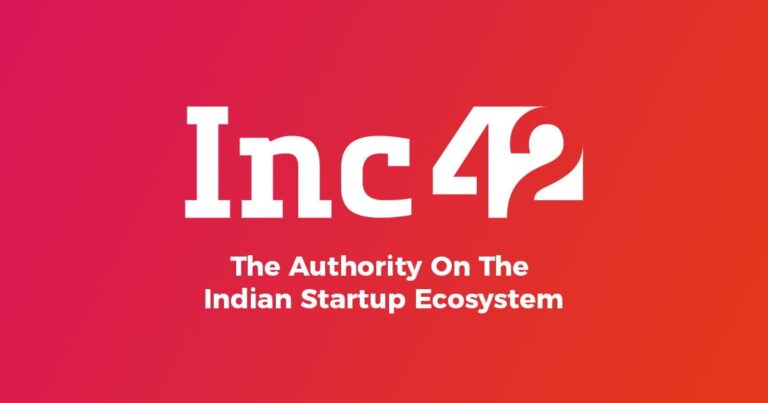The next fintech success story in India is likely to be scripted by startups leveraging the account aggregation framework, according to Ritesh Banglani, co-founder and managing partner of Stellaris Venture Partners.
Speaking at Inc42’s MoneyX 2024 event, Banglani said he is optimistic about fintech startups leveraging the account aggregation framework to create new products and business models.
“Most venture capital firms currently invest in regulated fintech entities or entities operating in sectors where the path to regulation is clear,” he said.
In the Indian fintech space, the next success story is likely to be startups leveraging the account aggregation framework, according to Ritesh Banglani, co-founder and managing partner of Stellaris Venture Partners.
Speaking at Inc42’s MoneyX 2024 event, Banglani said he was optimistic about fintech startups using the account aggregation framework to create new products and business models, as the Indian sector Digital payments continue to flourish, driven by initiatives such as the Unified Payments Service (UPI).
“Most venture capital firms currently invest in regulated fintech entities or entities operating in sectors where the path to regulation is clear,” he added.
It is pertinent to note that the Reserve Bank of India (RBI) launched the account aggregation framework in 2019 to facilitate the flow of credit to micro, small and medium enterprises (MSMEs) and enable individuals to share their information personal financial services with financial institutions seamlessly and digitally.
According to a report, the total number of successful consents on AA framework crossed 100 million as of August 15, 2024. It also states that 80-90 million people use AA, which is 8% of India’s adult population .
In her Budget 2024-25 speech, Finance Minister Nirmala Sitharaman also proposals for large-scale DPI applications for the credit sector, as well as e-commerce, education, logistics, among others.
This comes at the heart of RBI Governor Shaktikanta Das’ remarks that initiatives such as the AA framework, the Unified Lending Interface (ULI) and the Open Credit Enablement Network (OCEN) would help redefine the access to credit, particularly for small businesses and individuals.
In a bid to provide further impetus to India’s digital infrastructure, RBI is also plans to launch “Unified Lending Interface” provide credit to rural and small businesses. The platform will address significant unmet credit demand across various sectors, particularly for agricultural borrowers and MSMEs.
Addressing the RBI@90 global conference on ‘Digital Public Infrastructure and Emerging Technologies’ last month, the central bank chief said the RBI piloted the ULI last year and a pan-India launch would take place “in due course”.
“Just like the Unified Payments Interface (UPI) transformed the payments ecosystem, we expect the ULI to play a similar role in transforming the lending space in India,” the governor said then of the RBI.

